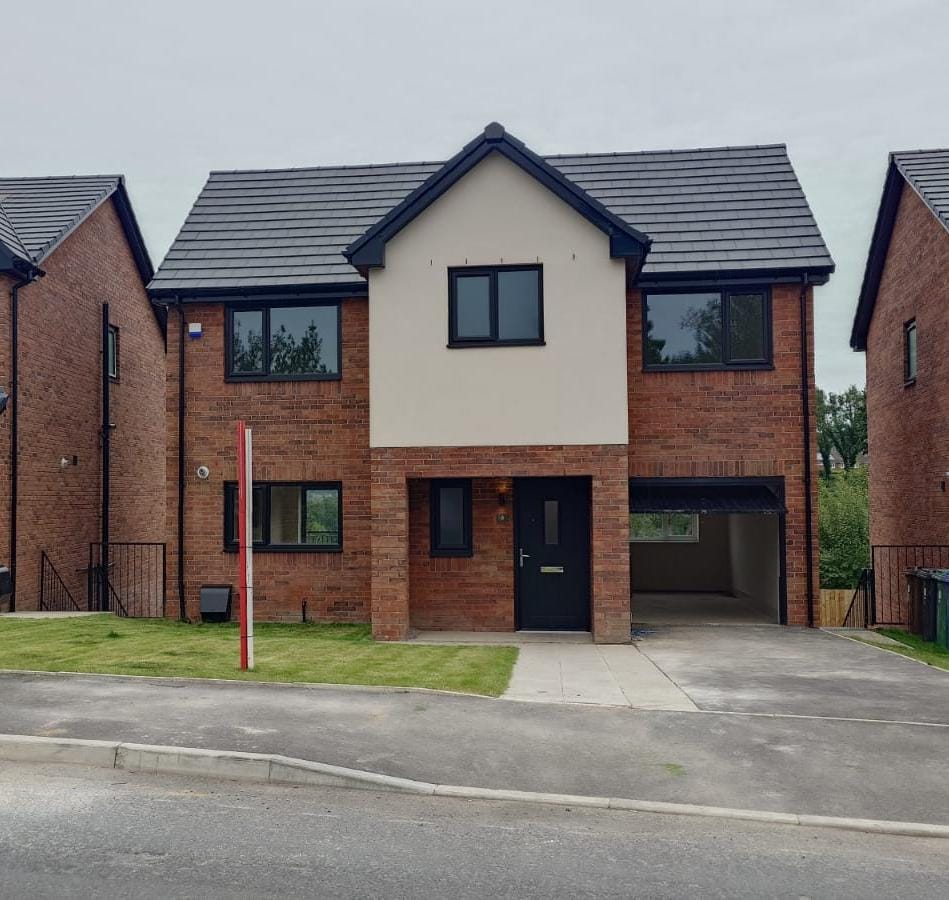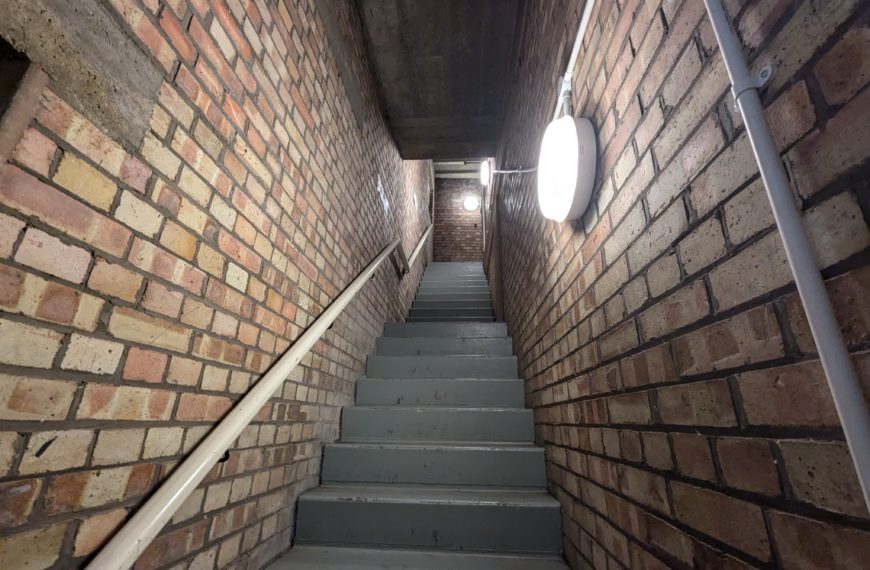When considering a new home, there are many factors to weigh up: price, location, size, and future potential all play a role in making the right choice. One key consideration is whether to go for a newly built property or an older home. Each option has its own advantages and potential pitfalls, and understanding these can help you make an informed decision that aligns with your lifestyle and long-term plans. A RICS Level 2 Survey or RICS Level 3 Survey will ensure that your investment is sound and that you avoid any unforeseen costs after purchase.
Speak to a member of the team today
The Benefits and Challenges of Buying a New Build

One of the key draws of buying a new build is the appeal of a property that has never been lived in. Everything is pristine – from the walls to the fixtures, and it offers a clean slate for your home. Developers may even offer the chance to personalise certain elements, such as flooring, kitchens, or bathrooms, particularly if you’re buying off-plan. This level of customisation can be an exciting opportunity to design a home tailored to your tastes from the outset.
From a practical perspective, new builds often come with the reassurance of no existing chains, reducing the likelihood of delays or complications. Developers may also offer attractive incentives, like paying your stamp duty or upgrading finishes, which can make the financial side of things more appealing. Additionally, modern builds tend to be more energy-efficient, reducing ongoing utility costs, and require fewer repairs or renovations in the short term.
However, new builds can come with their own set of challenges. They’re often smaller than their older counterparts, and developers may prioritise maximising the number of homes in a development, meaning less generous outdoor spaces. The initial value of a new build can also drop once you move in, before potentially appreciating over time. This drop in value can be a factor to consider, particularly if you’re looking for an immediate return on your investment.
Another potential issue is the so-called “snagging” – those minor (or sometimes major) defects that can surface after moving in. Despite warranties, resolving these issues can be time-consuming and costly, and many new build warranties have limitations, particularly after the first few years.
The Appeal and Challenges of Buying an Older Home

Older homes often hold a unique charm, with period features and character that newer builds simply can’t replicate. They may be located in well-established neighbourhoods with convenient amenities and mature greenery. Size is another factor – older homes tend to offer more space, with larger rooms and bigger gardens than many new builds.
Financially, older homes can sometimes be more affordable upfront, although properties with period features – particularly Georgian homes – can come with a premium price tag. Older homes also offer significant opportunities for value creation. Whether it’s through loft conversions, extensions, or modernisation projects, there’s often potential to add value and enhance your living space, though this will require an investment of both time and money.
But older homes do come with their own set of considerations. Maintenance can become a significant concern, as wear and tear naturally accumulates over time. Be prepared for repairs – some minor, others potentially more costly. Issues such as outdated plumbing, wiring, and structural problems are common in older properties, making a thorough survey essential before purchasing. Knowing the true condition of the property before committing to a sale is crucial to avoid expensive surprises down the line.
A RICS Level 3 Survey is often better suited to the majority of clients, as it provides additional detail in terms of advice, explanation and remedial options to ensure that your investment is sound and that you avoid any unforeseen costs after purchase.
Key Considerations for Buying a New Build
- Be Thorough with Your Research: Always ensure that you get your expectations in writing. If you negotiate upgrades or incentives (like the developer paying your stamp duty), make sure these details are included in your contract.
- Don’t Be Afraid to Negotiate: Developers are often keen to secure sales, so don’t hesitate to ask if they can offer any additional perks or discounts.
- Stay on Top of Schedules: Delays can affect everything from your moving date to your mortgage offer. It’s crucial to maintain regular communication with your developer to stay informed about any potential setbacks.
- Prepare a Snagging List: As your move-in date approaches, make sure you have a Snagging List ready. Over half of new builds have defects, and identifying these before you move in can save you time, money, and frustration. A professional snagging inspector will help you identify issues, from minor cosmetic flaws to more significant concerns, and ensure the developer addresses them promptly.
Key Considerations for Buying an Older Home
- Get a Comprehensive Building Survey: It’s vital to understand the full condition of an older property before you buy. A thorough building survey will help identify any potential problems, such as structural defects, and give you an accurate idea of any repairs or renovations needed. The survey will also highlight what repairs have already been done, providing clarity on any ongoing concerns.
- Factor in Maintenance and Renovation Costs: While an older home might come at a lower price point initially, ongoing maintenance costs can add up. Be sure to factor in the cost of repairs and potential upgrades when budgeting for your purchase.
- Assess the Property’s Future Potential: Older homes offer great opportunities to enhance and modernise, but renovations require an investment. If you’re planning to renovate, make sure to calculate these costs to ensure your purchase is financially viable.
Frequently Asked Questions
- 1. What is a Snagging Survey?
A snagging survey is a professional inspection of a new build home to identify any defects or issues that need to be addressed before moving in. This ensures that your new home is in the best possible condition and that the developer makes necessary repairs. - 2. Are new builds more energy-efficient than old houses?
Yes, new builds are generally more energy-efficient due to modern construction methods, better insulation, and the use of energy-saving appliances. This can result in lower energy bills in the long run. However, with appropriate professional advice, retrofit assessment and investment, older properties have great potential to improve their efficiencies. - 3. How do I avoid buying an old house with hidden problems?
A comprehensive building survey is essential when purchasing an older property. This will highlight any structural issues, maintenance needs, or potential future repairs, ensuring you know exactly what you’re buying. - 4. Can I negotiate the price of a new build?
Yes, you can often negotiate with developers. They may offer discounts, upgrades, or other incentives to close the sale, so it’s worth asking for any possible benefits.








